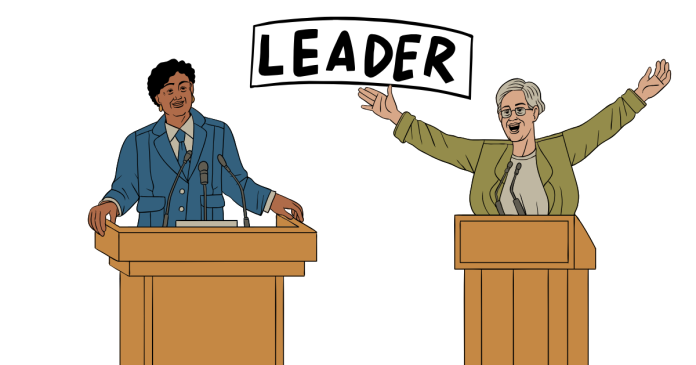The Top 10 Leaders in the World can vary depending on the criteria used, such as political influence, global recognition, leadership skills, or impact on global affairs. Below is a list of leaders who are widely recognized for their influence and leadership across different sectors in the world as of 2025. This list includes both political leaders and influential figures in other sectors.
1. Xi Jinping (China)
- Position: President of the People’s Republic of China, General Secretary of the Communist Party of China.
- Influence: As the leader of China, one of the world’s largest economies and military powers, Xi has considerable influence in global politics, especially in Asia and the global economy.
2. Joe Biden (United States)
- Position: President of the United States.
- Influence: As the President of the United States, Joe Biden leads one of the most powerful countries in the world, shaping global policies on issues like climate change, defense, and international relations.
3. Vladimir Putin (Russia)
- Position: President of Russia.
- Influence: Putin has been a major figure in global geopolitics, particularly with Russia’s role in conflicts in Ukraine, Syria, and its influence in global energy markets.
4. Narendra Modi (India)
- Position: Prime Minister of India.
- Influence: As the leader of the world’s most populous democracy and a rising economic power, Modi plays a key role in shaping regional and global politics, especially in Asia.
5. Ursula von der Leyen (European Union)
- Position: President of the European Commission.
- Influence: As the leader of the European Commission, von der Leyen plays a crucial role in shaping policies for the European Union, dealing with issues like trade, climate policy, and foreign affairs.
6. Emmanuel Macron (France)
- Position: President of France.
- Influence: Macron is a key figure in European and global politics, advocating for a stronger European Union, environmental reforms, and playing a central role in addressing geopolitical challenges.
7. King Salman bin Abdulaziz Al Saud (Saudi Arabia)
- Position: King of Saudi Arabia.
- Influence: As the ruler of Saudi Arabia, King Salman holds significant influence in the Middle East, particularly regarding oil production, religious leadership in Islam, and regional conflicts.
8. Justin Trudeau (Canada)
- Position: Prime Minister of Canada.
- Influence: Trudeau has made significant strides in global diplomacy, especially on climate change, immigration, and human rights. He is also a key leader within the G7.
9. Abiy Ahmed (Ethiopia)
- Position: Prime Minister of Ethiopia.
- Influence: Abiy Ahmed won the Nobel Peace Prize in 2019 for his efforts in resolving the border conflict with Eritrea. He is also a rising leader in Africa, contributing to peace and economic growth on the continent.
10. Jair Bolsonaro (Brazil)
- Position: President of Brazil.
- Influence: As the President of Brazil, Bolsonaro has a significant impact on global environmental issues, particularly deforestation in the Amazon, as well as political and economic trends in Latin America.
Honorable Mentions:
- Angela Merkel (Germany, former Chancellor): Though she stepped down in 2021, Merkel’s influence continues to be felt in European and global politics.
- Aung San Suu Kyi (Myanmar, deposed): Although her leadership has been challenged due to the military coup in Myanmar, she remains a symbol of resistance to authoritarianism.
Conclusion:
These leaders influence world affairs in a variety of ways, ranging from politics and economics to social and environmental policies. The individuals listed above have substantial control or impact in their respective regions and on the global stage. Keep in mind that political dynamics are constantly evolving, so the list of top leaders may shift over time.



